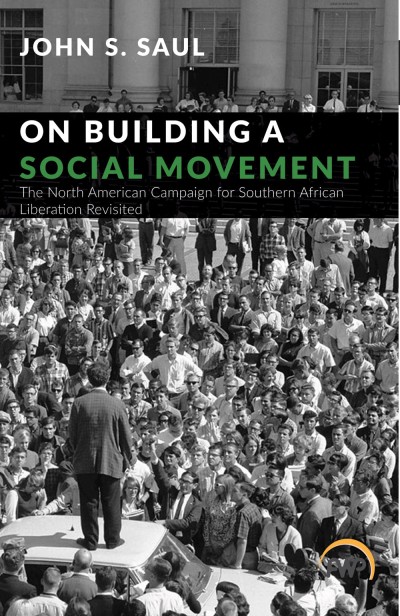John Saul
John S. Saul was educated at the Universities of Toronto, Princeton and London and, on the ground, in Africa and has taught for many years both at York University (until his retirement) in Canada and in Africa: in Tanzania, Mozambique and South Africa. He also worked throughout these years as a liberation support and anti-apartheid activist, notably with the Toronto Committee for the Liberation of Southern Africa (TCLSAC) and with Southern Africa Report magazine. He had published over seventeen books including: Millennial Africa: Capitalism, Socialism, Democracy, The Next Liberation Struggle: Capitalism, Socialism and Democracy in Southern Africa, Development after Decolonization: Theory and Practice for the Embattled South in a New Imperial Age, Recolonization and Resistance: Southern Africa in the 1990s, and O Marxismo-Leninismo no Contexto Moçambicano. He remains committed to an anti-capitalist/anti-imperialist politics.
Books by John Saul
On Building a Social Movement
by John SaulDecolonization and Empire
by John SaulDevelopment After Globalization
by John Saul




